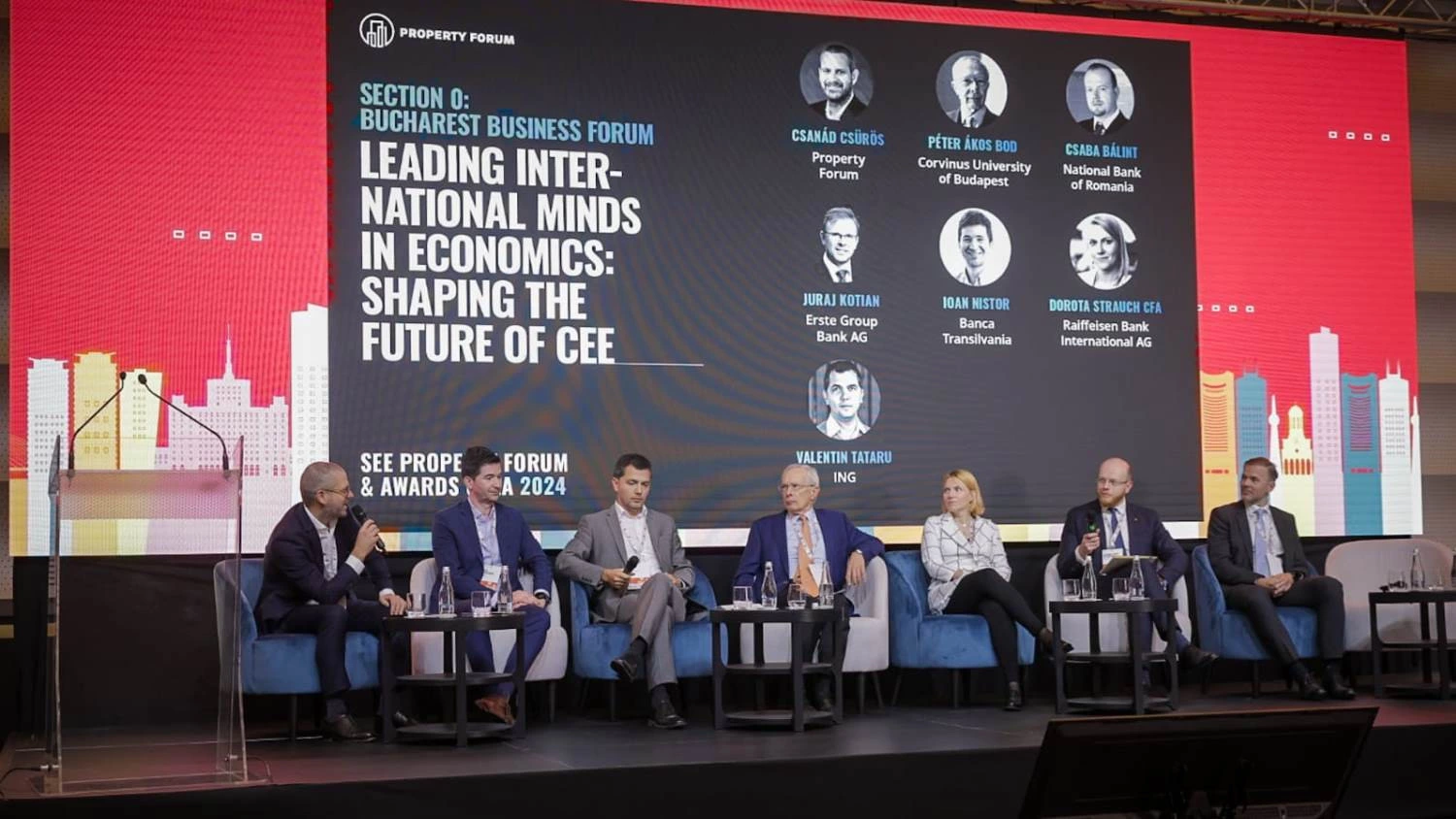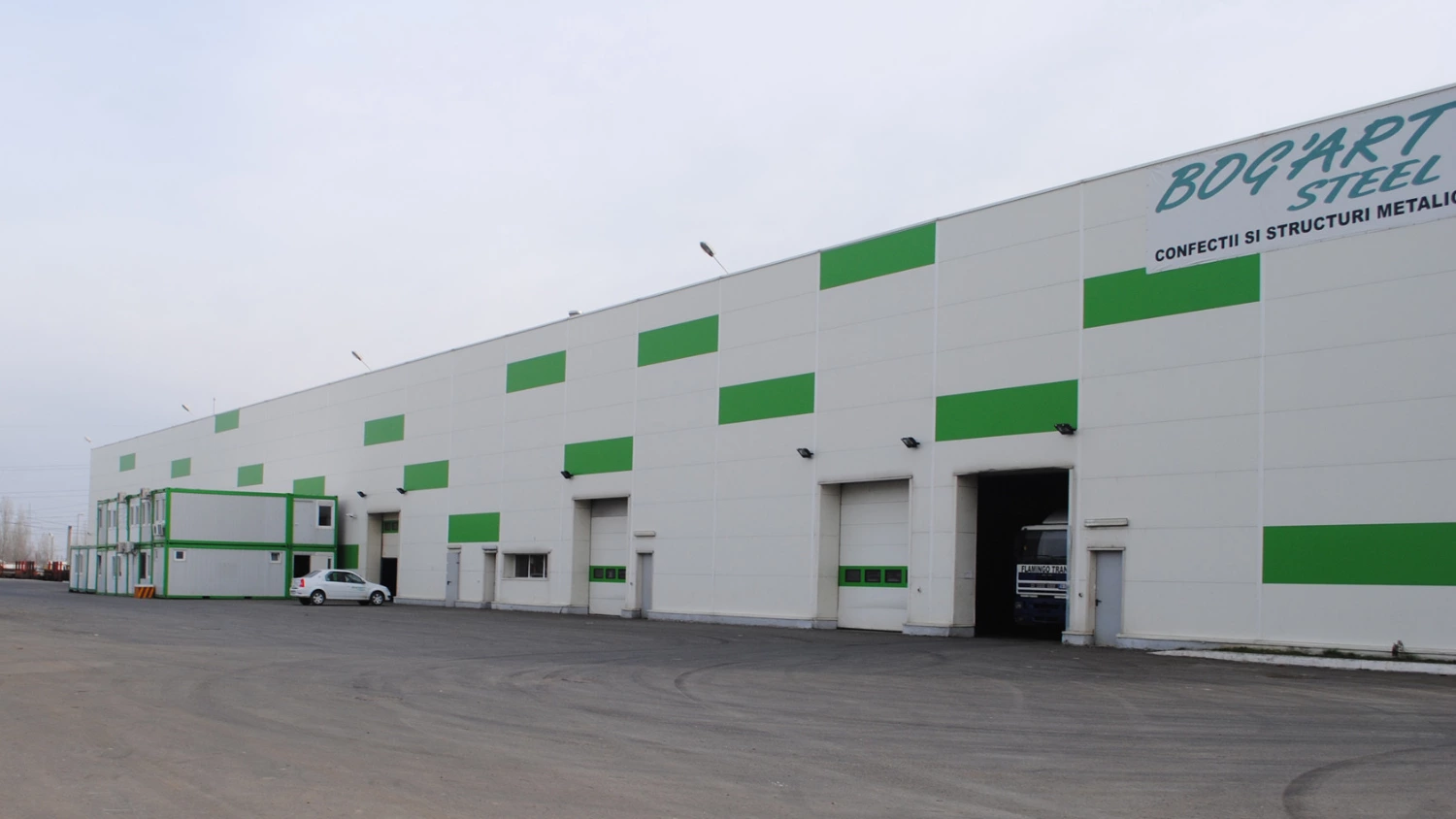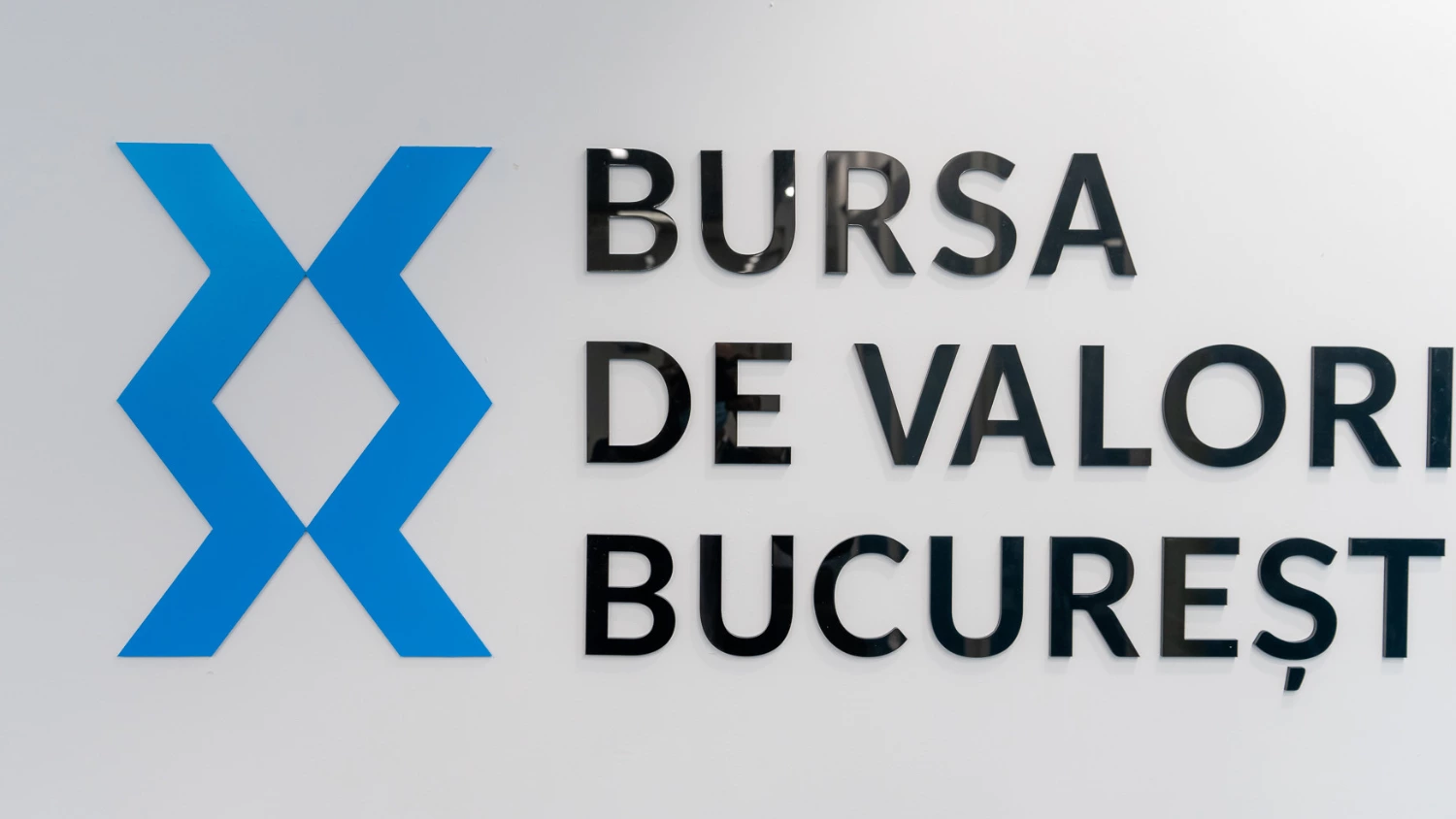Globally, nearly half of business leaders admit to facing difficulties in attracting top talent, with 44% reporting significant obstacles in their hiring processes, and 39% identifying this issue as their greatest recruitment hurdle. In Romania, the situation is no different: 44% of executives cite the talent shortage as the leading challenge, followed by difficulties in identifying and attracting qualified candidates (44.44%), enticing the right candidates to apply (38.88%), and providing a positive candidate experience (38.88%).
With almost 545,000 students enrolling in higher education for the 2023-2024 academic year, companies have a fresh wave of talent to tap into
The top 20 universities by student enrollment in Romania, according to the most recent data from October 2022, provided by the National Council for Higher Education Funding (CNFIS), have between 9,600 and 39,900 students. Leading the list is Babeș-Bolyai University in Cluj-Napoca with 39,897 students, followed by the University of Bucharest with 33,107 students, and Politehnica University of Bucharest with 28,381 students. Other notable institutions include Alexandru Ioan Cuza University in Iași with 24,049 students, the Bucharest University of Economic Studies (ASE) with 22,695 students, and Transilvania University of Brașov with 20,325 students.
Now that the new university year has started, businesses have an opportunity to tap into a fresh pool of talent. With the number of graduates for the 2022-2023 academic year reaching 505,000 students, according to the National Institute of Statistics (INS), a 0.3% increase from the previous period, there is potential for companies to cultivate and shape this emerging talent. This is especially important in an increasingly competitive economy where reskilling and upskilling have become essential components for businesses aiming to secure a competitive edge. Of the total student population, 544,600 students have enrolled in higher education for the 2023-2024 academic year, with over half (55.4%) being female.
46.1% of students in primary and secondary education are shaping Romania's future
In Romania, as shown by INS data, nearly half (46.1%) of the school population is currently enrolled in primary and secondary education, while approximately a third (17.4%) are in high school. This reflects the importance of long-term talent development strategies, starting from early education, which can ensure a steady supply of skilled employees into the labour market in the years to come. The recent increase in high school (+6,700 students) and university enrollment (+5,900 students) points to an increasing focus on educational achievement, particularly in business, administration, law (23.7% of university students), and engineering fields (19.7%).
”In support of this vision, Forvis Mazars organises a Community Day each year, dedicated to renovating schools and providing children with safe spaces to learn, explore, be creative, and innovate. This initiative not only improves the learning environment but also encourages students to engage in their education actively. Additionally, Forvis Mazars collaborates with universities to provide business training sessions in areas such as audit, tax, accounting, or HR & payroll. These programmes enable students to gain practical knowledge and experience, preparing them for successful careers in the financial sector. We encourage employers to collaborate with educational institutions to develop programs that nurture critical thinking and problem-solving abilities. This partnership can help cultivate the next generation of skilled professionals, positioning Romania for economic success and innovation.”, mentioned Cătălina Călinescu, Partner, Outsourcing – HR & Payroll, Forvis Mazars in Romania.
77.77% of Romanian executives see organisational reputation as key to talent attraction
In today's competitive market, the importance of an organisation's reputation cannot be overstated, with 77.77% of Romanian C-suite executives recognising it as a critical factor in talent attraction. As the talent economy continues to evolve, reskilling and upskilling initiatives have become essential, offering more than just a competitive edge - they are fundamental to staying relevant and competitive.
Recent findings note that 33% of Romanian executives have identified the implementation of a new or revised talent acquisition and retention strategy as a top priority. This reflects a growing understanding that evolving talent management strategies are not merely advantageous but essential for organisational resilience and long-term success. In this landscape, the ability to attract, develop, and retain skilled employees is not just a goal but a foundational requirement for sustainable growth.
Cătălina adds: ”Our research shows that many executives have placed talent acquisition and retention strategies among their top five priorities. The most important factors in attracting talented employees are generous salaries and benefits, considered essential by 38% of respondents. Additionally, opportunities for learning, training, and development rank just as high, with 38% also seeing this as essential. Following closely are factors such as a modern working environment with access to technology (37%) and an atmosphere of teamwork and camaraderie (37%). The business environment must focus on building a strong employer brand to appeal to the best candidates. They should also prioritise understanding the values and aspirations of the younger generation, as this demographic increasingly influences the job market. This includes recognising their desire for flexibility in work arrangements, opportunities for professional development, and a commitment to social responsibility.”
Company culture continues to play a crucial role. Strong employee well-being culture (37%) and organisational reputation and culture (36%) are considered vital in retaining and attracting top talent. Similarly, offering stimulating and engaging work (35%) and quality of collaboration (35%) are highly rated.
As the job market continues to evolve, companies must prioritise these aspects of employee experience to remain competitive. A holistic approach that addresses well-being, culture, collaboration, and professional development will be key to attracting and retaining the best talent in today's dynamic environment.











